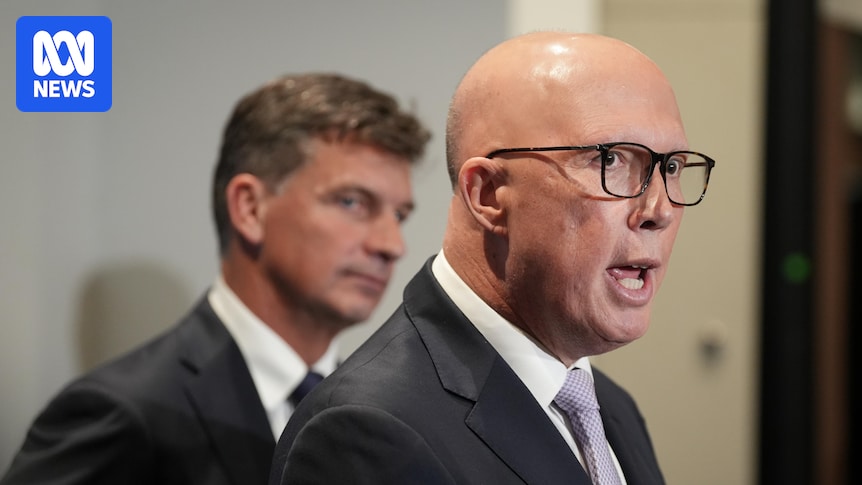Dutton's Gas Plan: 3% Cheaper Energy Bills? A Closer Look at the Promises
Australia's energy prices have been a hot topic lately, and Peter Dutton's Liberal Party has thrown its hat into the ring with a bold promise: a 3% reduction in energy bills through a revamped gas policy. But is this promise realistic, and what exactly does the plan entail? Let's delve into the details and examine the potential benefits and drawbacks.
The Core of Dutton's Gas Plan:
The heart of Dutton's plan revolves around increased domestic gas supply. The Liberal Party argues that current regulations are hindering the production and flow of Australian gas, leading to higher prices for consumers. Their proposed solution involves:
- Reducing red tape: Streamlining approvals for gas projects and easing environmental regulations are key elements. This aims to accelerate project development and bring more gas to the market quicker.
- Incentivizing domestic supply: The plan suggests incentives for gas producers to prioritize supplying the domestic market before exporting. This would theoretically increase the available gas supply within Australia, driving down prices.
- Market intervention: While the specifics remain somewhat vague, the plan hints at potential government intervention to ensure fair pricing and prevent exploitation of the market by producers.
The 3% Reduction: Fact or Fiction?
The promised 3% reduction in energy bills is a significant claim. While the plan aims to increase domestic gas supply, translating this into a specific percentage reduction in bills is challenging. Several factors could influence the actual impact:
- Global gas prices: International gas markets are volatile, and global price fluctuations could significantly affect Australian prices regardless of domestic supply increases.
- Other cost components: Energy bills include more than just gas; electricity, network charges, and other fees contribute to the total. A reduction in gas prices may not proportionally lower the overall bill.
- Implementation challenges: Even with streamlined approvals, developing and implementing new gas projects takes time. The 3% reduction might not be immediately realized.
Criticisms and Counterarguments:
The Liberal Party's plan has faced criticism from various quarters:
- Environmental concerns: Easing environmental regulations could lead to increased greenhouse gas emissions, contradicting Australia's climate change commitments.
- Impact on Indigenous communities: Some argue that expedited approvals may negatively impact Indigenous land rights and cultural heritage.
- Lack of detail: Critics point to a lack of transparency regarding the specifics of market intervention and the exact mechanisms for incentivizing domestic supply.
What Happens Next?
The success of Dutton's gas plan hinges on its implementation and the broader energy market dynamics. The plan's feasibility and long-term impact remain uncertain. Further details and independent analysis will be needed to fully assess its potential to deliver on the promised 3% reduction in energy bills.
Conclusion:
Dutton's gas plan presents a compelling vision for lowering energy bills, but it's crucial to approach the 3% reduction claim with a healthy dose of skepticism. The plan's potential benefits must be weighed against potential environmental and social consequences. As the details emerge and the plan progresses, continuous monitoring and critical assessment are necessary to evaluate its effectiveness.
Further Reading:
Call to Action: What are your thoughts on Dutton's gas plan? Share your opinions in the comments below.

